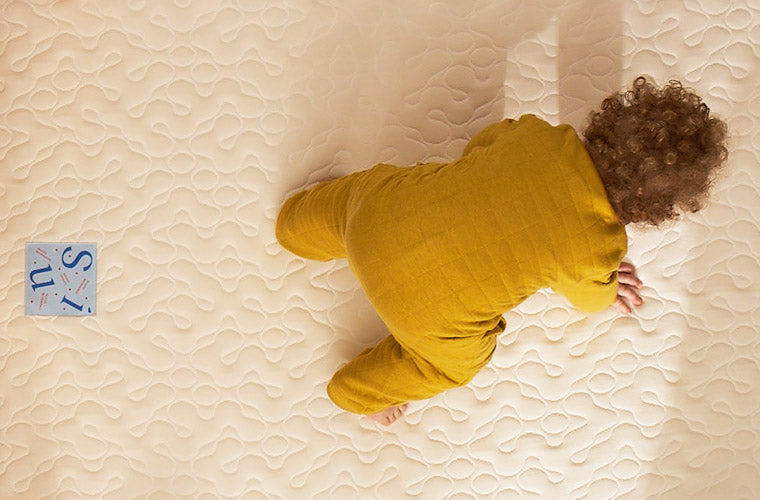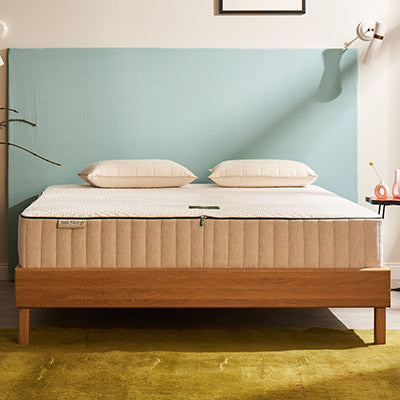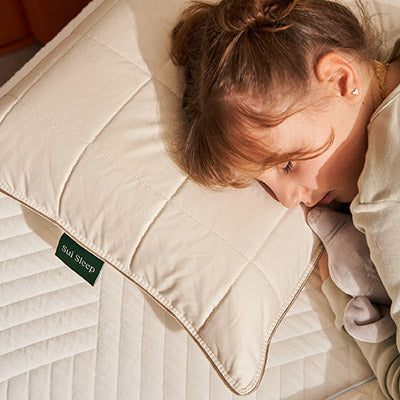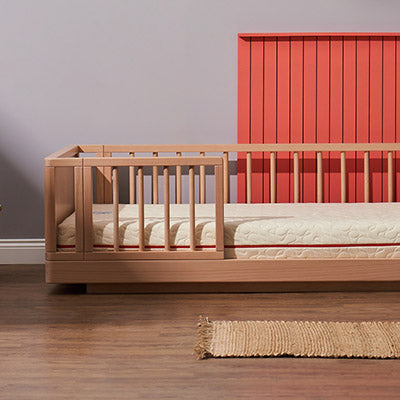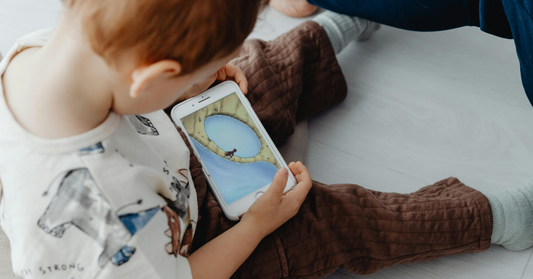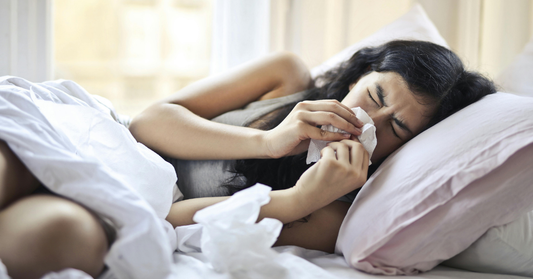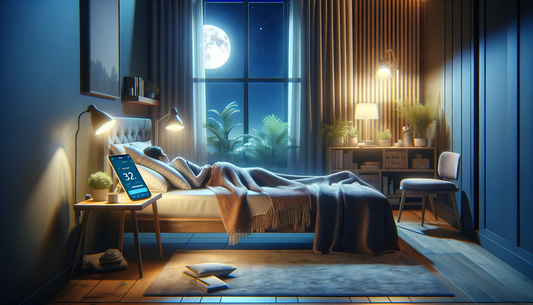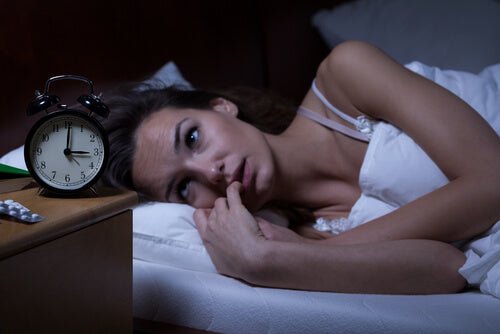
Is Sleeping Less Harmful to Health?
Being on the move during the day and resting at night can be traced back to evolution. Since this cycle is a biological reality, living against the body clock causes more harm than expected. Let's examine the harms of insomnia to the human body together.
How Many Hours Do You Sleep A Day?
There's nothing like going to bed and sleeping after a long and tiring day. A quality sleep is very important for our body to rest. Well, do you know how many hours you need to sleep to be fully asleep?
The hours of sleep required for effective sleep vary according to age groups. Babies between the ages of 1-2 should sleep 12-17 hours, children between the ages of 3-5 should sleep for 10-13 hours, children between the ages of 6-13 should sleep 9-11 hours, and young people between the ages of 14-17 should sleep 8 hours a day. From the age of 18, it is enough to sleep 7-8 hours a day. But in general, we see that most people go on with their lives by getting very little sleep a day. This causes insomnia, which is a problem today. Although many people do not see sleeping less as a problem, it actually has many harms for our body.

What are the Harms of Sleeping Less?
Lack of sleep has many effects on people, both physically and mentally. If you're constantly feeling stressed, your blood sugar is unstable, or you're worried about even minor events, it could be because you're not getting enough sleep. According to the researches, sleeping less than the required time even for a few days;
- It slows down the metabolism.
- It creates a focus problem.
- It weakens the immune system.
- It causes an imbalance in blood pressure.
- It can accelerate epileptic attacks.
- It causes anxiety.
- It increases the risk of heart disease.
- It causes a lack of energy.
- It increases the risk of diabetes.
- It can cause worsening of social life.
- It can cause vascular occlusion.

The Effect of External Factors on Sleep
Scientific research on insomnia shows that insomnia is based on many reasons and completely affects human life. In particular, observations show that external factors such as quality bedding , ambient lighting and temperature are very important in falling asleep. There are many things you can do to avoid insomnia due to such situations and to avoid the harms of poor sleep. You can get a personalized bed, completely dim the ambient light, adjust the ambient temperature with various tools, stop consuming caffeine before sleep and prepare yourself for sleep with such simple methods. You should not forget the place of sleep in your life and you should strive for quality sleep .


